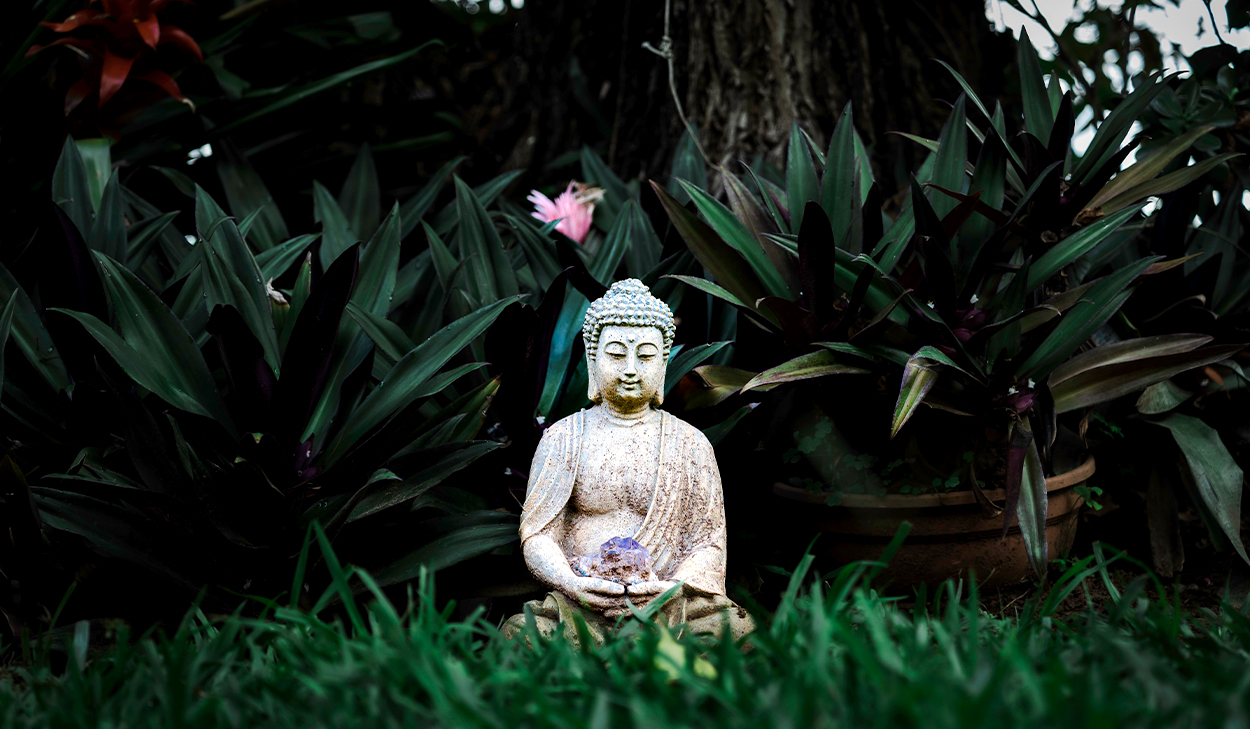
In the early weeks of winter, many Buddhists will celebrate the Buddha’s enlightenment on Bodhi Day. Some Buddhists will often observe the holiday on December 8, but Buddhists who follow the lunar calendar observe this day in January.
Enlightenment is a key aspect of Buddhism. Followers of Jesus who want to share the love of Christ with Buddhist friends should understand enlightenment and celebrations like Bodhi Day.
Bodhi Day
There are some variations to the story of Siddhartha Gautama, who lived sometime between the fifth and fourth century B.C. Siddhartha Gautama is said to have been an affluent prince who was shielded from the knowledge of pain and suffering. One day, the prince left his palace and witnessed human suffering for the first time. This set him off on a journey to understand life, death, and peace of mind. He renounced his life of privilege and studied under several spiritual teachers. He tried living a life of asceticism, but he then realized his path to enlightenment would require a “middle way”—a balance between self-denial and self-indulgence. Eventually, he meditated under a Bodhi tree, where Buddhists say the demon Mara tempted him. Siddhartha Gautama overcame the temptations, realized enlightenment, and became the Buddha.
Some Buddhists commemorate the Buddha’s birth, death, and enlightenment during Vesak. Mahayana Buddhists, on the other hand, split up the celebrations and recognize the day of the Buddha’s enlightenment during Bodhi Day.
Buddhists who observe Bodhi Day will often decorate a tree—sometimes a ficus religiosa (Bodhi) tree—with colorful lights and ornaments, similar to how a Christmas tree is decorated. There may even be cookies baked in the shape of the tree or its leaves. Some people will also read sutras or have extended times of meditation. Families may come together for a big meal, which sometimes includes rice and milk.
Gospel Opportunity
Buddhists celebrate the Buddha’s enlightenment and hope to one day realize enlightenment themselves because doing so will mean achieving a state of nirvana. Nirvana is liberation from the cycle of dukkha, the pain and dissatisfaction of life.
The Buddha laid out the path to enlightenment through the Four Noble Truths and the Eightfold Path. Those who understand the Four Noble Truths and practice the Eightfold Path could enter nirvana.
Believers know all too well that suffering and pain are a part of life. Jesus promised that the Christian life would have troubles (John 16:33). The only escape from suffering in this world is when we will one day spend eternity in the presence of the Father. In the new Heaven and new Earth, God will wipe away every tear, and death, pain, and mourning will be a thing of the past (Revelation 21:4).
But the only way for someone to experience eternity with God is to believe in Jesus’ sacrifice and accept His free gift of salvation (Romans 6:23). Salvation is only achieved by grace through faith; works will never be enough to earn God’s forgiveness (Ephesians 2:8-9). Therefore, the only path to God is Jesus.
“Jesus answered, ‘I am the way and the truth and the life. No one comes to the Father except through me.’” -John 14:6
If your Buddhist friends celebrate Bodhi Day this year, ask what they believe about enlightenment and how it can be realized. Then, ask if you can share what you believe about suffering and the way to be liberated from it. As you do, pray that God would soften their hearts to understand the gospel and accept Jesus’ free gift of grace.